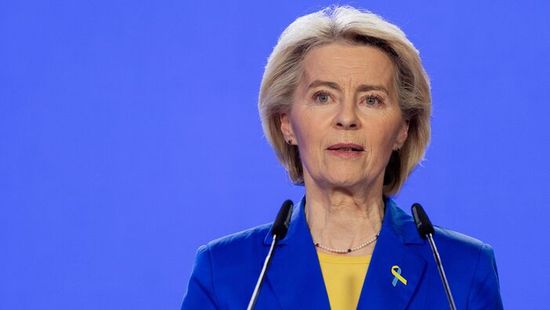As Hungary has always borne constitutional responsibility for the fate of Hungarians living beyond its borders, the drafters decided to remove the barrier of “permanent residence” as a prerequisite to voting, thus guaranteeing suffrage for all Hungarian citizens around the world.(15) The basic idea behind the move was to involve all Hungarians in domestic decision-making.
THE ADOPTION PROCEDURE
To fulfil the criteria laid down by the Constitutional Court, MPs of the governing parties – on the basis of their mandate – introduced bills in 2011 and in 2013. The comprehensive reform of the electoral law became necessary, not only because the Constitutional Court annulled the previous regulatory framework, but also because of the demand to reduce the number of MPs. Extending the right to vote to Hungarians abroad also required changes to the law. The new electoral law was adopted in 2011, three years prior to the 2014 general election and after a month- long debate, whereas the electoral procedural law was adopted in 2013, one year before the recent election, following a seven-month-long debate in Parliament.(16) The legislator observed all constitutional requirements during the adoption procedure and the government sent the adopted electoral law to the Venice Commission and the Organisation for Security and Cooperation in Europe (OSCE) for review. In their 2012 report, they referred to the new legislation as “a good basis for the conduct of genuine and democratic parliamentary elections” in Hungary.(17) In Freedom House’s latest annual Freedom in the World report, released in January 2014, Hungary was called “an electoral democracy” and a “free” country, with a freedom score of 1.5 out of 7 (1 being the highest possible rating) and a perfect 12/12 for its electoral process.(18) (Another 2014 Freedom House report, Nations in Transit, raised concerns about “worsening conditions” in Hungary as well as other countries of East Central Europe, but still characterised Hungary as a “consolidated democracy”.)(19)

